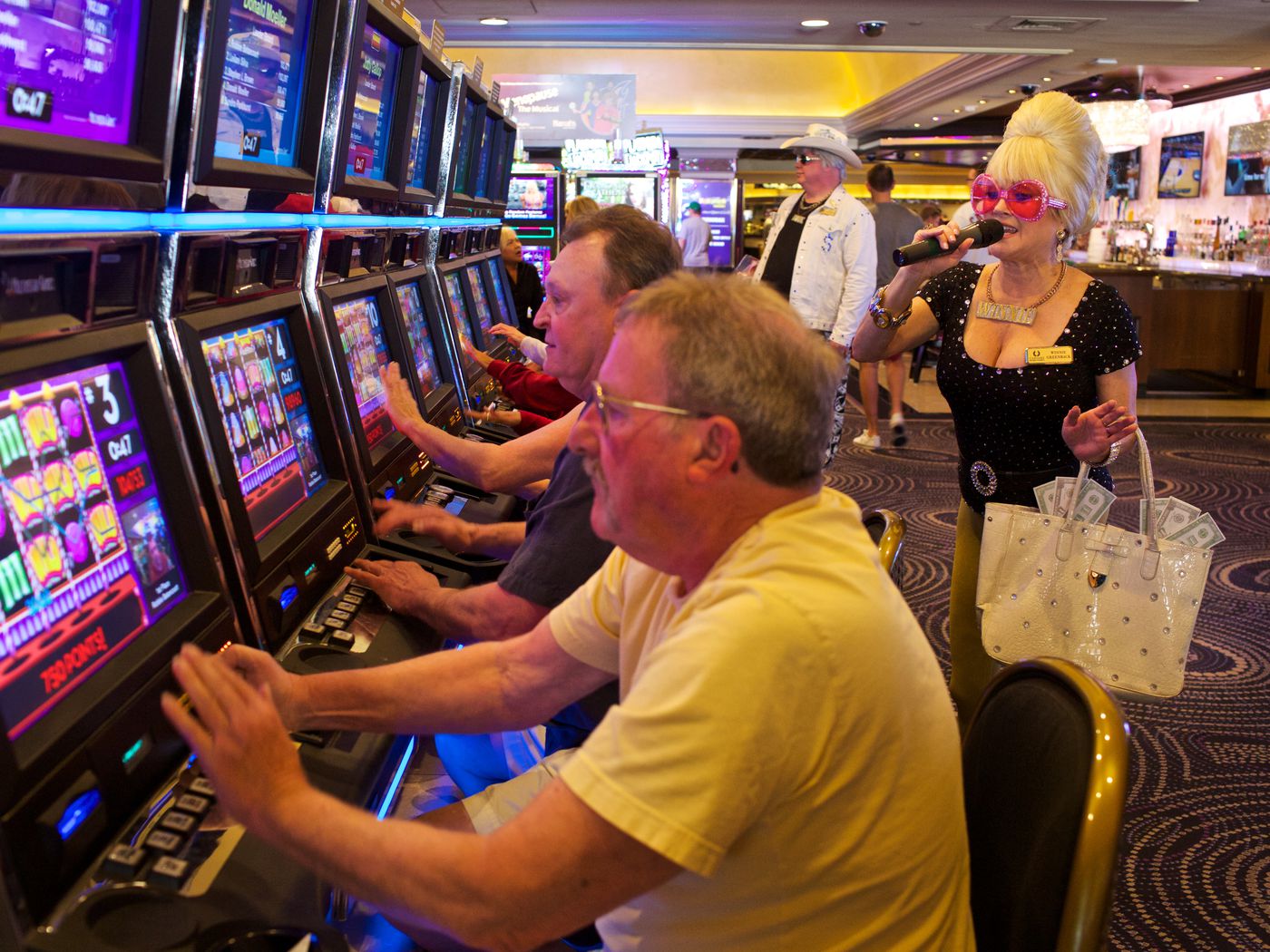Slot games have been a cornerstone of the gambling industry for decades, captivating players in casinos and online platforms alike. Their bright lights, engaging themes, and seemingly simple mechanics make them accessible and appealing to a wide audience. But what lies behind their addictive nature? To understand this phenomenon, we must delve into the psychology, design, and emotional triggers that slot games expertly exploit to create an irresistible experience.
1. The Power of Random Rewards
At the heart of every slot game is the concept of random rewards, a principle rooted in behavioral psychology. The unpredictable nature of slot outcomes—where wins can occur unexpectedly—activates the brain’s reward system. This triggers a release of dopamine, the chemical associated with pleasure and ทดลองเล่นสล็อต reinforcement, which keeps players coming back for more.
Psychologists often compare this to a “variable reward schedule,” similar to how a bird might continue pecking at a lever for a food pellet that appears unpredictably. Humans, it turns out, are just as susceptible to this reinforcement mechanism.
2. Sensory Overload: Lights, Sounds, and Graphics
Slot games are meticulously designed to engage multiple senses simultaneously. The vibrant visuals, flashy animations, and celebratory sounds of a win all combine to create a stimulating experience. Even small wins are accompanied by triumphant music and visual effects, making them feel more significant than they are.
This sensory overload creates a sense of excitement and immersion, drawing players deeper into the game. The seamless integration of audio and visual cues ensures that the player remains captivated, even during extended play sessions.
3. The Illusion of Control
One of the most effective psychological tricks employed by slot games is the illusion of control. Features like “stop reels” or bonus rounds give players a sense that their actions influence the outcome, even though slot games are entirely based on chance.
This perceived control can make the experience feel more skill-based and engaging, encouraging players to continue playing in the belief that their strategy or timing might lead to a big win.
4. Near Misses and Their Impact
Near misses—when the reels stop just short of a winning combination—are another factor contributing to the addictive nature of slot games. These moments can create a sense of “almost winning,” which motivates players to keep trying, believing a win is just around the corner.
Research shows that near misses activate similar areas of the brain as actual wins, reinforcing the desire to continue playing and chasing the elusive jackpot.
5. Progressive Jackpots: The Dream of a Big Win
The allure of progressive jackpots adds another layer of excitement. These jackpots grow with every bet placed, often reaching life-changing sums. The possibility of hitting such a massive reward, even if the odds are minuscule, creates a sense of hope and anticipation.
This dream of a big win taps into our natural desire for success and can be a powerful motivator, encouraging extended play and higher stakes.
6. Accessibility and Convenience
With the rise of online casinos and mobile apps, slot games have become more accessible than ever. Players no longer need to visit a physical casino; they can enjoy their favorite games anytime, anywhere. This convenience makes it easier for players to engage with slot games regularly, contributing to their addictive nature.
Moreover, online platforms often offer free-to-play versions or bonuses, which lower the entry barrier and entice new players to try their luck.
7. Gamification Elements
Modern slot games incorporate gamification elements, such as levels, achievements, and daily rewards. These features make the experience more dynamic and interactive, keeping players engaged for longer periods.
Gamification appeals to our intrinsic motivation to achieve goals and overcome challenges, turning what is essentially a game of chance into a more rewarding and immersive experience.
8. Social Interaction and Competition
Many online slot games now include social features, such as leaderboards, multiplayer modes, and chat options. These elements foster a sense of community and competition, making the experience feel more connected and exciting.
Competing with friends or strangers can add an additional layer of motivation, encouraging players to spend more time and money to climb the ranks or unlock exclusive rewards.
9. Emotional Triggers
Slot games are designed to evoke a wide range of emotions, from the thrill of a win to the suspense of watching the reels spin. These emotional highs and lows create a compelling experience that players seek to relive.
The anticipation of each spin, combined with the joy of even small wins, creates an emotional rollercoaster that can be hard to step away from.
10. The Role of Marketing and Promotions
Casinos and online platforms invest heavily in marketing to attract and retain players. From flashy advertisements to enticing welcome bonuses, these promotions make slot games appear even more appealing.
Frequent offers, such as free spins or cashback rewards, keep players engaged and encourage them to return to the game, further fueling the addictive cycle.
Conclusion
Slot games combine psychology, design, and technology to create a uniquely engaging and addictive experience. The blend of random rewards, sensory stimulation, and emotional triggers ensures that players remain captivated, often for hours on end. While these games can provide entertainment and excitement, it’s essential to approach them with caution and awareness of their addictive potential. By understanding the mechanics behind their appeal, players can enjoy slot games responsibly and avoid the pitfalls of excessive gambling.

